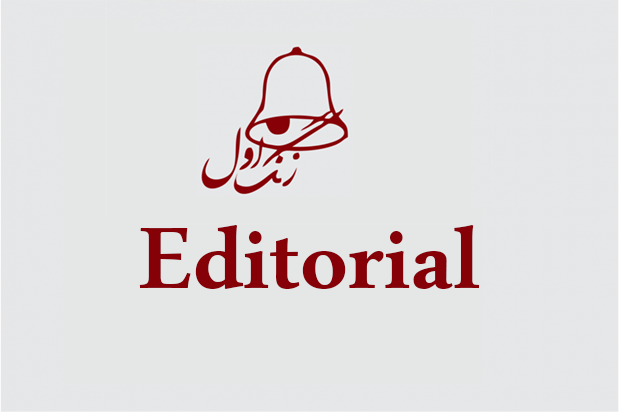Two days after the joint declaration of the European Union, the United States, NATO’s civilian representation, and a number of the world’s most important countries, a new wave of attacks began in Kabul and several provinces. The statement had blamed the Taliban for the attacks, explicitly calling on them to stop attacks on journalists, civil society activists, judges, and urban infrastructure, and to end the violence.
Two days ago, four people were assassinated in Kabul, and a car carrying Khushnood Nabizada, head of the government’s office for peace affairs, was also attacked by an IED or ‘sticky bomb’. Yesterday, three explosions took place in the second, third, and fourth districts of Kabul, killing many civilians.
In Faryab, Kunduz, Kandahar, and Balkh provinces, civilian and military casualties have also been reported as a result of Taliban attacks or the detonation of roadside bombs. Last week, the Afghanistan Independent Human Rights Commission released an investigation into more than 8,000 civilian casualties this year, more than 50% of which have been attributed to the Taliban. According to the report, government forces and their allies were also involved in 15% of the casualties.
Although the Taliban have denied responsibility for the attacks, a joint statement from the European Union and several European countries blamed the Taliban for the attacks. Ross Wilson, the Chargé d’Affaires of the US Embassy in Kabul, criticized the international community for ignoring the call for an end to the violence in a series of tweets after the attack on Khushnood Nabizada, and once again called on the perpetrators to stop such attacks. Although Mr. Wilson did not name the perpetrators of the attacks, the tweet referred to a statement in which the Taliban were blamed for the attacks.
There seems to be a direct link between recent global developments relating to the issue of peace in Afghanistan, the withdrawal of foreign troops from the country, and the increase in attacks. The Taliban reacted after the Americans decided to revise the Doha agreement and NATO spoke of linking the reduction of violence and the peace process to the withdrawal of international troops.
Abas Stanikzai told a news conference in Moscow a few days ago that if foreign forces did not withdraw, they would continue the war and not lay down their arms. Following these speeches, a new wave of violence has swept across Afghanistan.
After the new US administration, led by Biden, called for a review of the agreement signed between the US and the Taliban, the Taliban did not return to the negotiating table and instead commented on their position during their trips to other countries in the region. The recent attacks coincided with Taliban protests in response to Biden’s new positions and talk of a revision of the Doha Agreement.
Even before the swearing-in ceremony, the new US Secretary of State had said that the United States would consider issues such as the Taliban’s relationship with al-Qaeda and ISIS, the Taliban’s involvement in the peace process, and how the Taliban should reduce violence.
With countries around the world once again expressing views blaming the Taliban for the recent insecurity and violence, the group has felt the world’s pressure to change its approach. In practice, however, the violence continues and Kabul now witnesses several violent attacks every day.
What is clear is that with such attacks continuing, it is unlikely that the world will change its stance against the Taliban – not only the US government, but also the countries that were sidelined during the Trump-era, which have now taken up renewed positions against the Taliban.
The Taliban must reconsider their policies with greater realism, enter into a rational dialogue with the world, and work with the world to shape a future for themselves in Afghanistan. The world and the people of Afghanistan call on the Taliban to end the ongoing violence. As the violence continues, the possibility of peace and coexistence with the Taliban in Afghanistan and around the world will be reduced to zero.












